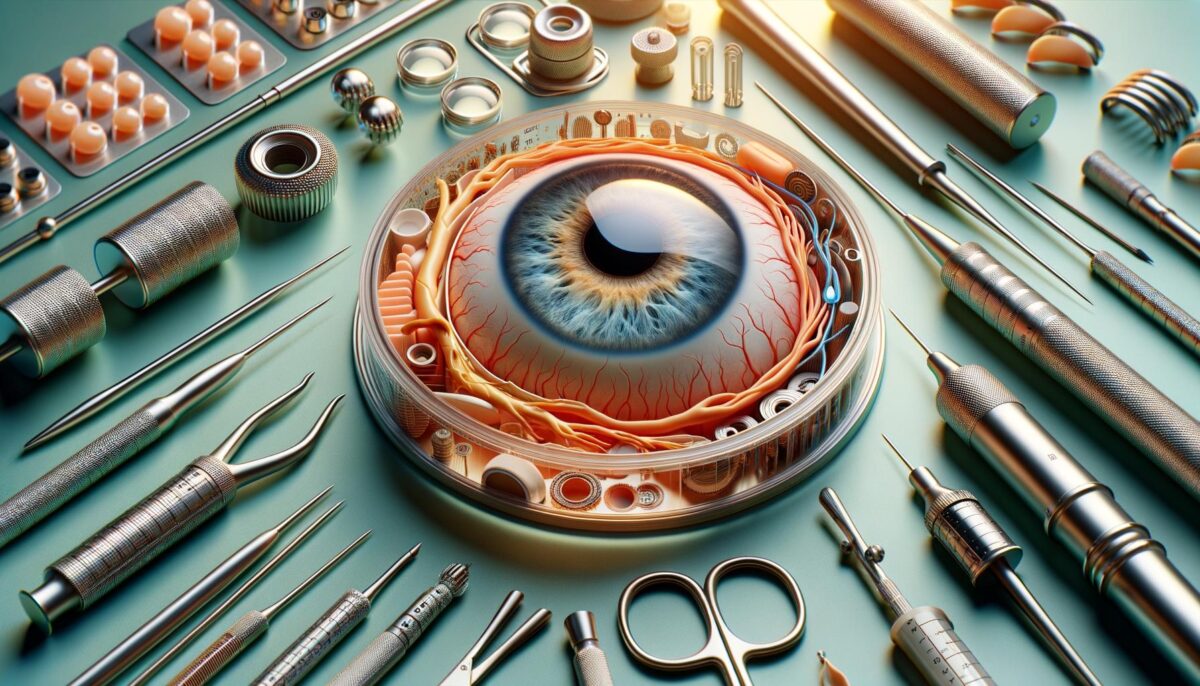Defining Macular Degeneration
Macular degeneration is a prevalent eye condition that primarily affects older adults, leading to the deterioration of the central portion of the retina known as the macula. This area is responsible for sharp, central vision, which is crucial for activities like reading, driving, and recognizing faces. When discussing macular degeneration treatment, it’s essential to understand that the condition comes in two main forms: dry (atrophic) and wet (neovascular or exudative). The dry form is more common and tends to progress more slowly, whereas the wet form, though less common, leads to more sudden vision loss.
Current Treatment Strategies
There are several strategies available for macular degeneration treatment, each targeting different aspects of the disease. For the dry type, emphasis is often placed on lifestyle changes and dietary supplements to slow progression. This might include vitamins C and E, zinc, copper, and beta-carotene. Meanwhile, the wet form is treated primarily with anti-VEGF medications. These are injected into the eye to block the development of abnormal blood vessels, which can prevent further vision loss. Regular monitoring and timely interventions are key components of successful treatment plans.
Here are some common macular degeneration treatment options:
- Anti-VEGF injections
- Photodynamic therapy
- Laser surgery
- Nutrition and lifestyle adjustments
Emerging Therapies and Research
While current treatments focus largely on managing symptoms and slowing progression, new research is exploring groundbreaking methods for macular degeneration treatment. Gene therapy and stem cell research present potential for more permanent solutions. These emerging therapies aim to replace or repair damaged cells in the retina or halt the deterioration process altogether. Clinical trials are continuously advancing, offering hope for more effective and long-lasting treatments in the future.
Lifestyle Changes and Prevention
Preventive strategies are a significant aspect of managing macular degeneration. Individuals are encouraged to adhere to a healthy lifestyle to lower their risk. This includes maintaining a balanced diet rich in leafy greens and fish, avoiding smoking, and wearing sunglasses to protect eyes from UV rays. Regular eye examinations are also crucial for early detection and management. Comprehensive awareness and proactive measures can significantly influence the effectiveness of macular degeneration treatment.
Living with Macular Degeneration
Living with macular degeneration requires adaptation and support. Patients often benefit from joining support groups or seeking occupational therapy to learn adaptive techniques for daily activities. Utilizing visual aids, such as magnifiers and special reading lights, can also enhance independence. With the right macular degeneration treatment and support system, individuals can maintain a high quality of life despite the challenges.
Conclusion
Understanding macular degeneration treatment options is crucial for managing this condition effectively. While current strategies largely focus on symptom management, ongoing research promises future advancements. By adopting a comprehensive approach that includes medical treatment, lifestyle changes, and support systems, those affected can continue to enjoy a fulfilling life. Staying informed and proactive is key to navigating the challenges posed by macular degeneration.
